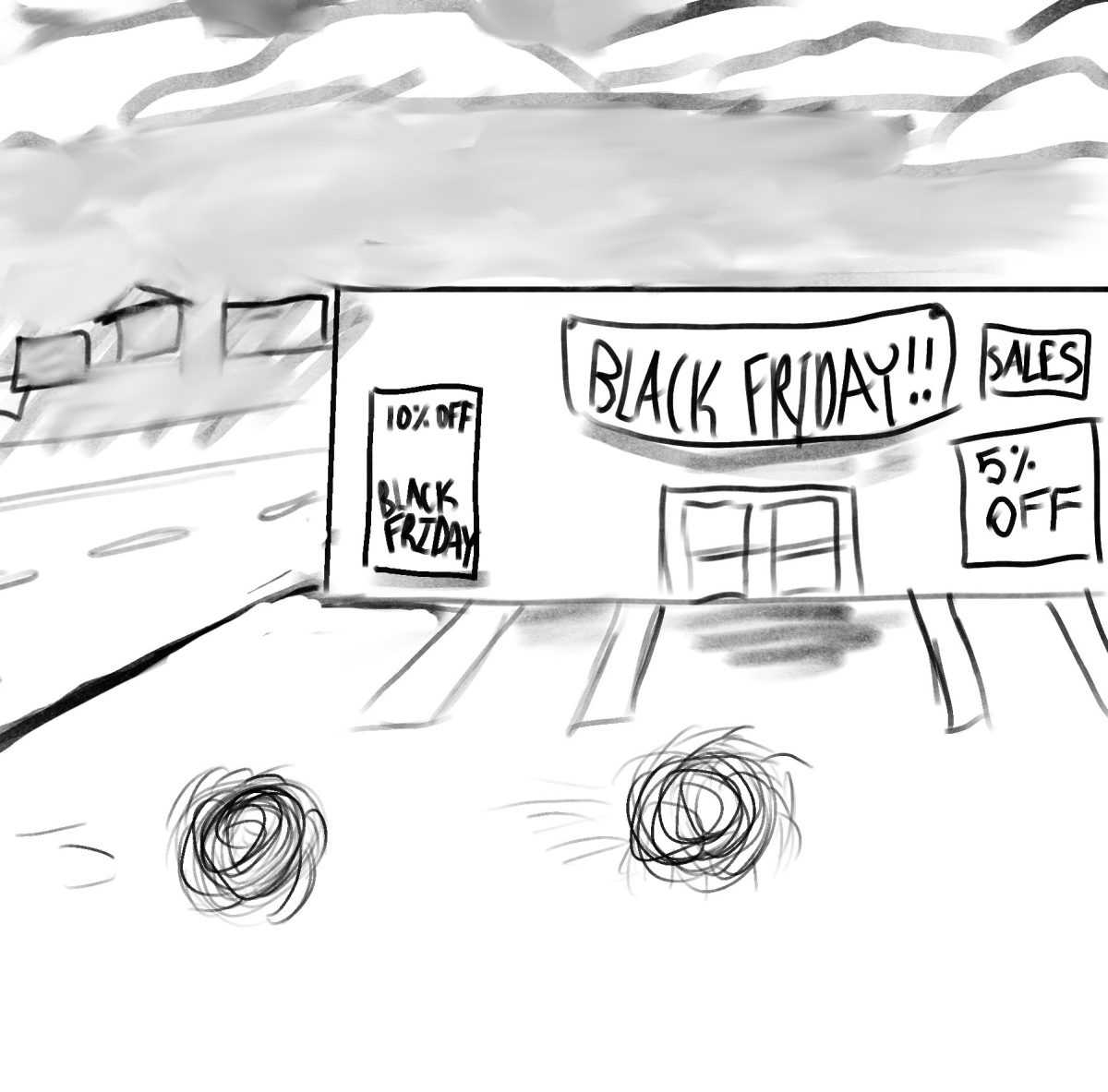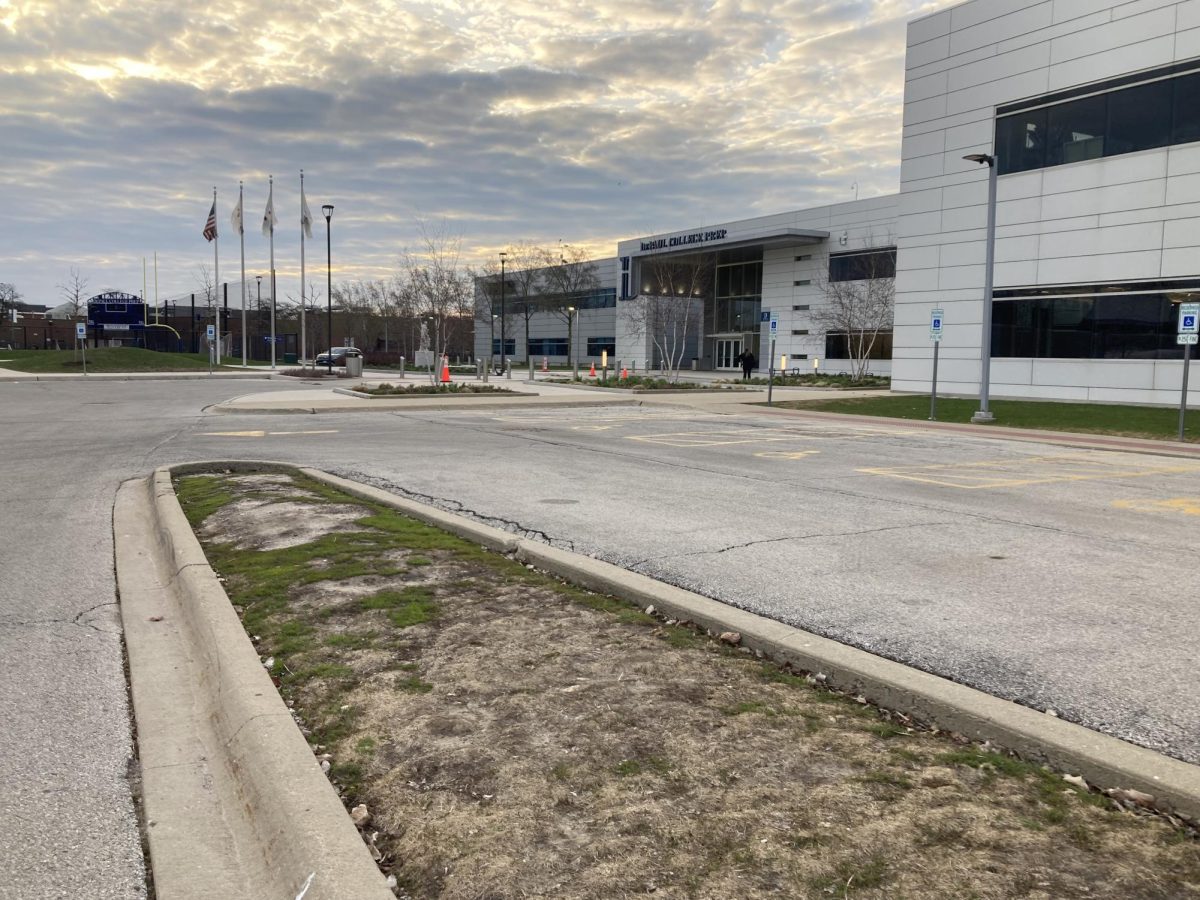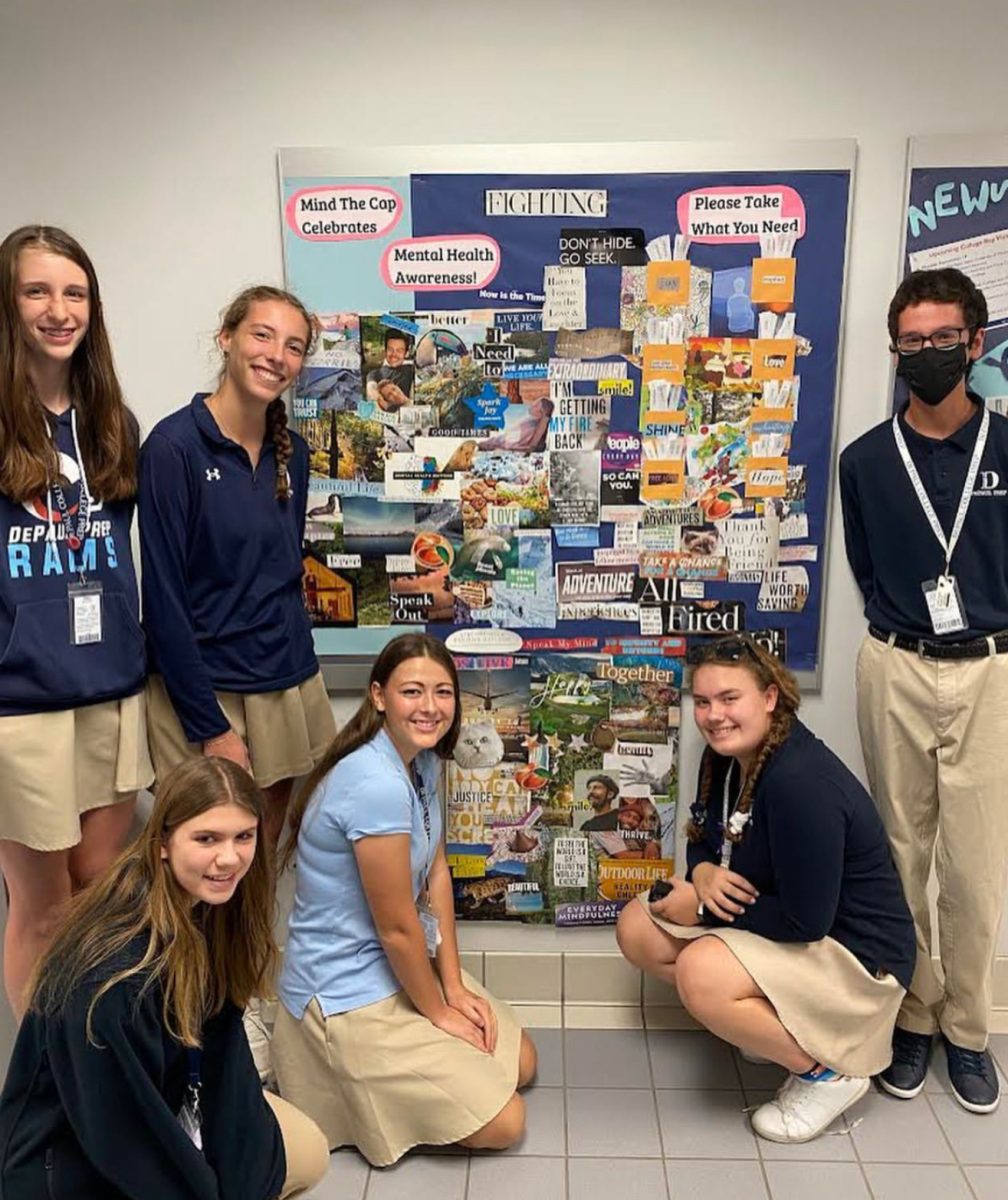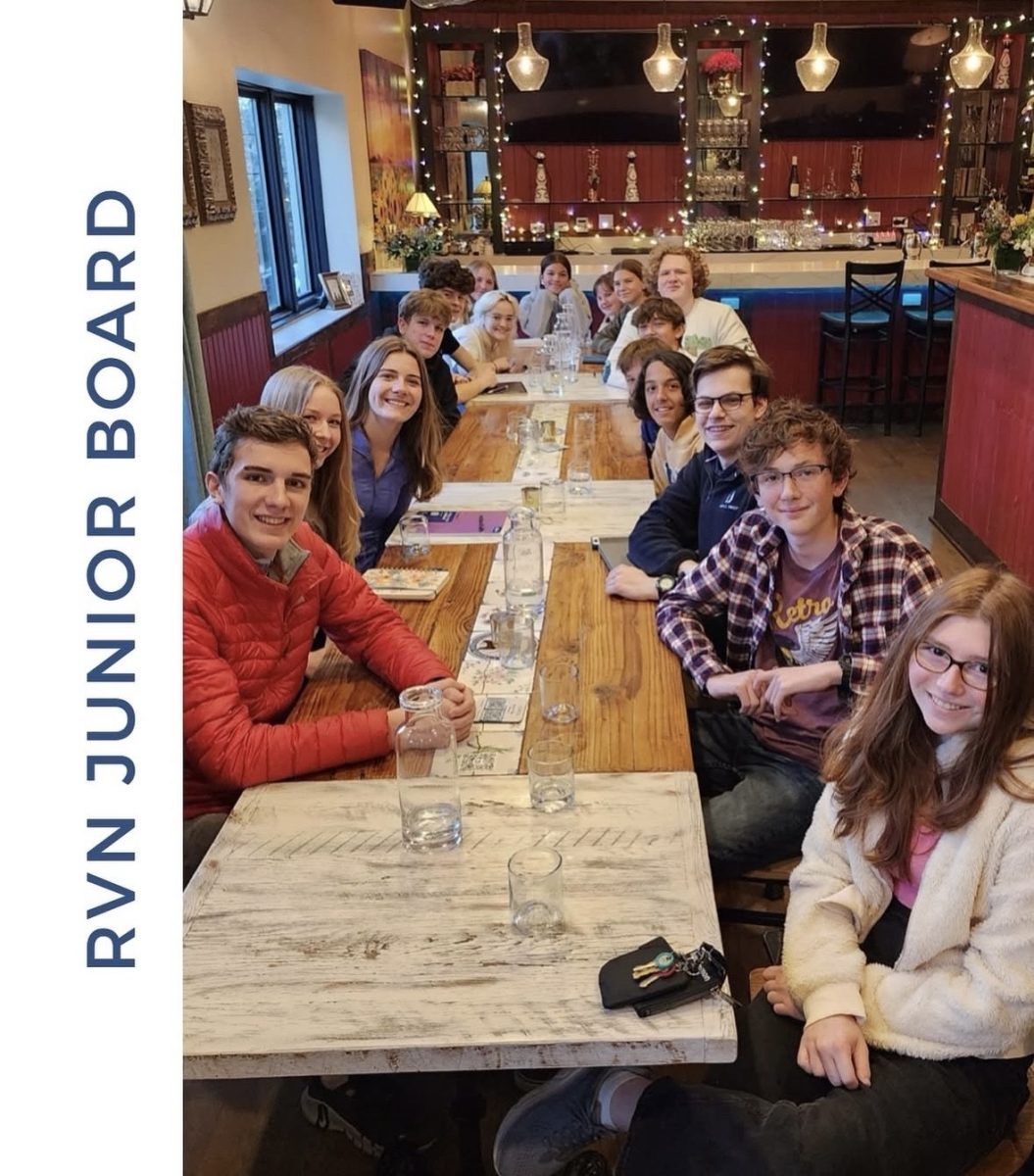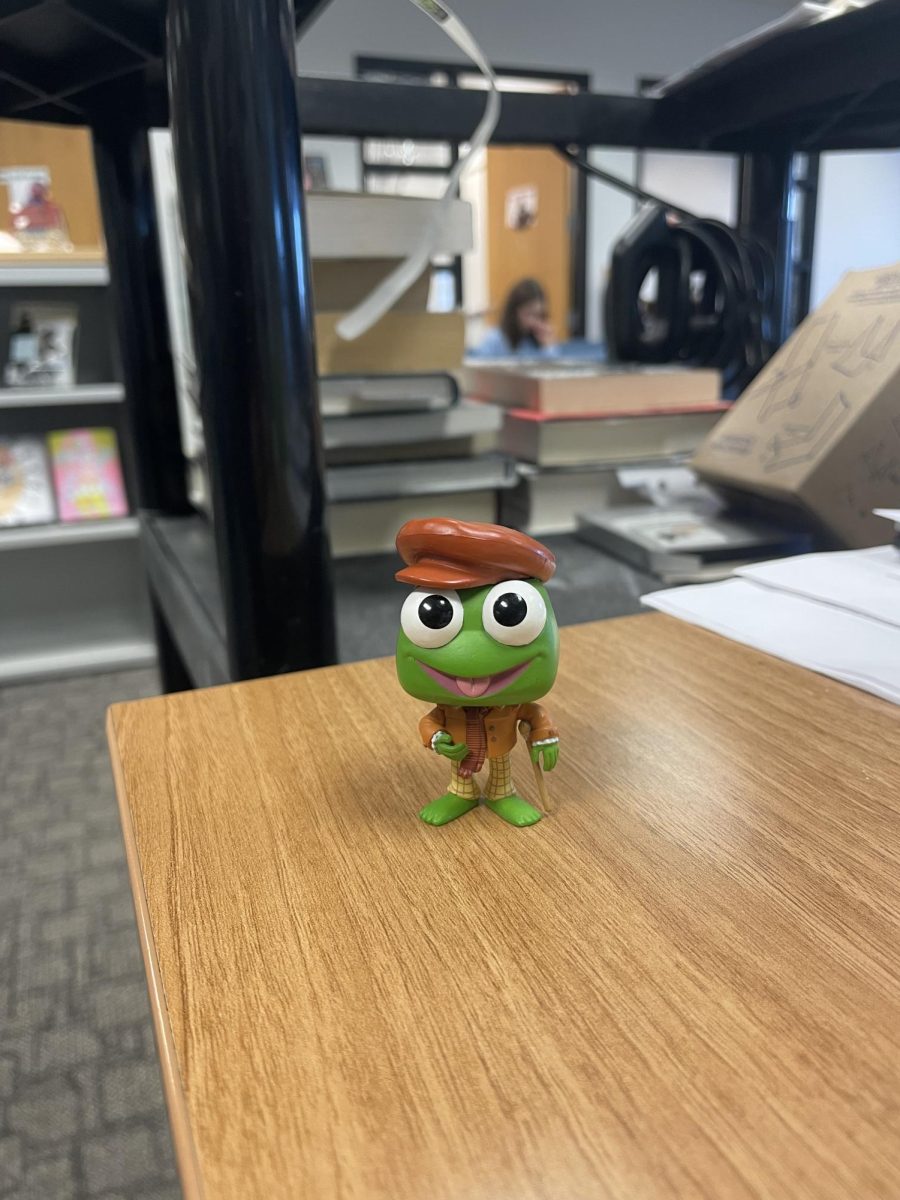As the holiday season approaches, customers anticipate one of the most significant shopping events of the year: Black Friday. However, this year’s Black Friday looks a little different. This profound transition has raised questions about its relevance in today’s retail landscape. The usual traditions of Black Friday, full of long lines and early morning doorbusters, now face challenges. The issue of inflation is partly to blame. Inflation has caused companies who usually have major deals, to stop offering them.
One of the biggest traditions of Black Friday is the doorbuster deal. The doorbuster deal is a marketing and sales strategy used by retailers that puts a big discounted price on an expensive item for a limited time while causing customers to then shop other deals, as well.
“In recent years finding these deals are rare as businesses utilize a whole month for sales instead of just one day. Doorbusters aren’t the only thing of the past as most discounts generally don’t have the depth they used to,” says author Jocelynn Messersmith, from the Daily Nebraskan.
It has also been brought to attention that Cyber Monday is on an uprise and has an increased popularity over Black Friday. COVID-19 is a factor to blame. The 2020 pandemic created a shift in behavior towards online shopping, making Cyber Monday, with its online deals, more attractive than Black Friday.
“Ever since 2020, and the pandemic, in person shopping hasn’t been the same, and Black Friday has fallen as the biggest shopping day of the year,” Messersmith said.
This change reflects trends in retail and shopping that are likely to be maintained, even as the world is moving forwards from the pandemic.
“It doesn’t help that certain shoppers noticed stores were marking up their prices in anticipation for Black Friday, only to reduce them to the original price on the day of scamming their way out of an actual deal,” author Juliette Eleuterio said in a segment on Culted.com.
While the new generations are the ones most aware of the negative impacts of consumerism, these generations are also the ones most exposed to marketing techniques, especially through ways such as the internet, hence the increased popularity of Cyber Monday.
Senior Zoe Pileggi shares a perspective about small business during the time of Black Friday while recognizing potential and benefits.
“I’m kind of conflicted about Black Friday. I like the idea of Black Friday helping bring business in for smaller businesses and for stores who might be struggling.” Pileggi says.
The conflicting views of Black Friday that come to mind are cliché and have different values and create concern.
“I also think that Black Friday has become a sort of cultural sensation… I think that’s become a lot more about buying things as cheaply as they come.. the violence that sometimes comes with it and the fanaticism that comes with it is a little bit too much.” Pileggi says.
Junior Josh Friend expresses a different but common perspective such as disappointment over the evolution of Black Friday’s.
“I feel like Black Friday has lost its meaning…Amazon especially… will slowly raise prices on things to make it look like a bigger deal,” Friend says.
The contradiction of the culture of Black Friday determines almost entirely on the person and the way someone feels about it. If it’s a once in a year deal or sale, is it worth it or not. The anticipation and inconsistency causes stress for most.
Librarian Anthony Powers shares his beliefs about Black Friday while also taking a step back and looks at the bigger picture.
“That’s another thing that’s become a national aspect of Thanksgiving… there’s also been an emphasis or trend in the business world on supporting small businesses during that period.” Powers says.
With these approaches and aspects on Black Friday it has ultimately become a common perception that Black Fridays culture has evolved and not in a way that is supported.


